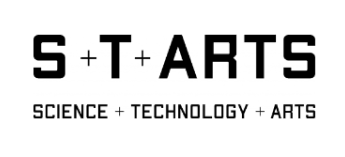Scenario 10: Bio-Intelligent Data
by Sanja Sikoparija
#Agri-Tech #Precision Agriculture #Biosensing #Tailored food systems #Food Supply Chain traceability #Food Retail #Environmental Monitoring
Here you can explore in detail the future scenario. Opportunities describe a potential for innovation that this scenario unfolds, considering specific technologies, context of application and industry. Scenario narrative gives a description of the scenario provided by the artist. You can also watch a Video to dive into the future world of the scenario, where the artist will guide you through. Trends of the scenario explore the current trends and developments on which the scenario is based. And finally Elements of the scenario provide artifacts, objects, personas and other elements from the future to immerse and discover the scenario.
OPPORTUNITIES
There are opportunities for companies specializing in precision agriculture, using data analytics, AI, and IoT to optimize crop yields, manage resources efficiently, and minimize environmental impacts; companies developing predictive analytics tools and decision-support systems to help farmers, distributors, and retailers make informed, data-driven choices; enterprises utilizing blockchain technology to create transparent, tamper-proof records of food origins, handling, and quality, enhancing trust and accountability in the food value chain.
SCENARIO NARRATIVE
The future is embodied by divergent food systems and complex food value chains, each giving rise to a vast repository of data. The food system, struggling to respond to changing climate, resource distribution, and increased population-related demands, has evolved along a set of opposed pathways. Consequently, these pathways represent distinct value systems and exert long-term impacts on the landscape and environment. Vertically integrated industrial agriculture, including organic practices, has taken over even more of the food system market. The lab-grown food sector, particularly lab-grown meat, has developed substantially. Meanwhile, smallholder farming persists, albeit to varying extents.
In this unfolding landscape, data economies are not merely an emerging force but stand as the dominant economic sector, fundamentally reshaping the foundations of commerce. At the heart of this transformation lies big data, a ubiquitous force seamlessly integrated into the food value chain. The symbiotic relationship between big data and the food value chain has become so pronounced that they are virtually synonymous. Across the globe, electronically stored chronological lifespans document every nuance of food production.
Leveraging the biological intelligence of the human body as a source for decision-making, new horizons for understanding and harnessing the intelligence of the natural world exist, paving the way for a deeper understanding of the biological world. An organic and emotion-based network connects people to their environment, rooted in living data. The visual representation of this data and the built and natural environment have fundamentally changed and represent a more flexible and responsive tapestry, leaving the transitions between data and reality blurred.
VIDEO
TRENDS OF THE SCENARIO
Data Driven Economies and The Value of Data
The trend of increasing value in data and the emergence of data economies reflect the growing recognition it as a valuable asset in today’s digital age. Data has become a pivotal resource for businesses, governments, and individuals, with its value stemming from its potential to drive insights, innovation, and informed decision-making. As more organisations harness the power of data, we witness the rise of data-driven economies where data is not just a commodity but a currency. Companies have been investing heavily in data collection, analysis, and monetization strategies, while regulatory frameworks are evolving to ensure responsible data governance. Food value chain data aims to strengthen and innovate decision-making and increase consumer trust. This trend underscores the transformative role of data in shaping industries, economies, and societies as a whole. This is mirrored with EU advancements in data for simulated decision-making. While the average person creates 1.7MB of data today, in the future this is expected to grow exponentially driven by 5G networks, IoT devices, and other innovations.
Personalised Health Needs
Personalised health is witnessing a transformative wave, driven by a convergence of technological innovation, a greater understanding of biological relationships, and new modes of thinking. Consumer demands for proactive health management and biohacking are driving these changes. Genetic sequencing breakthroughs have ushered in genomic medicine arguing – Mussels improving muscle recovery. Researchers have found New Zealand GreenshellTM mussel powder can help men recover faster from injuries caused by exercise, https://www.pl antandfood.com/en-nz/ Bio-Intelligent Data solutions based on individuals’ genetic traits. Wearable health tech and AI-driven diagnostics drive real-time health monitoring. Telemedicine is emerging for remote health access and advice, while nutrigenomics and pharmacogenomics propose nutrition and medication based on genetic data. IoT connectivity in healthcare and blockchain data is increasingly being applied and argued to reshape patient experiences. Together, such trends reshape healthcare and consumer expectations into a more personalised, and individual-driven realm.
Increased Food Supply Chain Resilience Through the Adoption of Innovative Policies
The ongoing trend of a more centralised government role in the food system is marked by the incorporation of advanced technologies and innovative strategies. Regulations are focused on the fields of food safety, nutrition guidelines, pesticide and food production rules for health and climate adaptation, emergency response, trade, subsidies, equity and access. Examples in the context of the EU include rules on pesticide use, on greening and supporting biodiversity in agriculture and rural areas, on natural risk reduction, on sustainable development and tourism, and through the pledge to go carbon neutral by 2050.
Government Regulated Data Supply Chains
In the data supply chain, governments support cloud neutrality, open-source data and splinternets, technology and data supply chain regulation, increasing accessibility of public data, data driven planning, decision-making, and simulation planning, data storage. Data supply chains are seen as one important way of increasing organisation, optimising decision-making, and driving innovation in support of more sustainable food supply chains. These developments encompass data-driven governance, involving the use of digital platforms and analytics to enhance food safety and supply chain oversight. Precision agriculture technologies aim to optimise farming practices, potentially reducing environmental impact. Initiatives to address food waste reduction through novel tracking methods.
Trust and Awareness in the Food System
Recognising trust as a strong consumer decision-making driver, companies have leveraged and marketed environmental and personally healthier foods while continuing to push consumption and to offset personal and environmental externalities. Recognising the trend toward greenwashing and inactivity of government and industry, consumers search for new means of meeting nutritional needs in a personally ethical manner.
Growing Interest and Discussion of Societal Psychological Trends
New interest in societal psychological trends are related to the overarching issues of resource availability and of climate crises, and are exemplified through lifestyle affordability issues most often linked to food and to shelter. The root causes are cost of living, the food basket, and adverse global climate events. The trends include ‘manic delusionism’, popularised on tik-tock, instagram and other social media outlets. Manic delusionism consists of tricking oneself into a manic state of happiness in order to continue with daily activities, despite prevalent issues, akin to a delusion. Other psychological trends include ‘post-nihilism’, considered a subdued form of nihilism, and ‘biocentrism’ seen as a greater focus on biology and the environment.
Decoding Physiological and Emotional States and Interspecies Communication
In supporting the trends of personalised health, data economies, and relevance of psychological states, tools and technologies have been emerging at accelerating rates that aim to identify and interpret human physiological and psychological states as a means of further fine-tuning the ‘personalised’ and ‘person-driven’ experience. Such tools have been extended to decode and understand interspecies relationships alike.
Increased Interest in Achieving Personal Biodiversity Net Gains
The prevailing trend of reconnecting with nature signifies a heightened awareness and a profound longing for a more profound connection to the natural world. This multifaceted trend encompasses a spectrum of behaviours and initiatives. People are increasingly drawn to outdoor pursuits. Biophilic design principles infuse built environments with elements of nature, nurturing a sense of oneness with the earth. Eco-conscious technologies, allow individuals to reduce their environmental footprint. Urban green spaces flourish, providing pockets of nature amid cityscapes. Nature-based therapies and digital simulations offer alternative ways to engage with nature, fostering mental and physical well-being. Sustainable agriculture and conservation efforts further exemplify this rekindled connection. The movement towards minimalism and sustainability reflects a deep-seated desire to harmonise with nature. This overarching trend underscores an evolving societal consciousness, emphasising both the intrinsic value of nature and the imperative of sustainable coexistence.
ELEMENTS OF THE FUTURE SCENARIO
Information reality
A fully realised data economy prevails, where every piece of data holds tangible monetary value, reshaping the way society functions and interacts with information. Conventional currency has become secondary to data marketplaces, and individuals and organisations operate around the inherent value of data as a commodity. Personal data is treated as a quantifiable and precious asset. People are not only the consumers of digital services but also the owners of their data, and they actively manage and monetise it. The value of data extends beyond human-centric information to. Data marketplaces have become the norm, where individuals can choose to sell their data businesses, research institutions, and governments. With the proliferation of artificial intelligence and machine learning, data has become the lifeblood of innovation. AI algorithms continuously decode biological realities, as surging data becomes available on all biological forms of life, including food system information on the growing, harvesting, collecting, and processing of food stocks. In doing this, data itself has transcended to the real and biological. Analogues of block-chain technology create a decentralised permanency, forever creating an unalterable data history, changing the concept of time and place. Yet, this future data economy also faces its share of challenges. Ensuring equitable access to data resources becomes a global priority, with efforts to bridge the digital divide and prevent data monopolies. Security and ethical concerns are constant considerations, with cybersecurity measures and ethical data practices at the forefront of public discourse. Every byte of data carries a price tag, offering both opportunities and challenges in a world where individuals, and the environment, are not just data subjects but active participants in a data-driven reality.
Farm models
Food systems, being slow to respond, are diverse, yet converge toward industrial and efficiency-driven production. Vertically integrated industrial agriculture (including organic) has taken over even more of the food system market. The lab-grown food sector, particularly lab-grown meat, has grown substantially and rivals traditional meat production which is on a downward trend. Smallholder farming continues, in some countries to a greater degree than others. In countries and economies with a tradition of supporting smallholder farmers through subsidies, and in consuming local agriculture, small-scale farming continues.
All food production systems, even smallholders, and especially fishing, employ a high degree of automated data collection. This ranges from localized sensors, drones, scanning, and navigation technologies to decentralized satellite-based imagery. Environmental data from the farm’s surroundings, such as weather patterns, air quality, and ecological insights, are seamlessly integrated. As stewards of both the land and the data produced by the land, farmers and food producers begin to exhibit peculiar decision-making and innovative behaviors in an attempt to create not only the most valued products but also the most valued data.
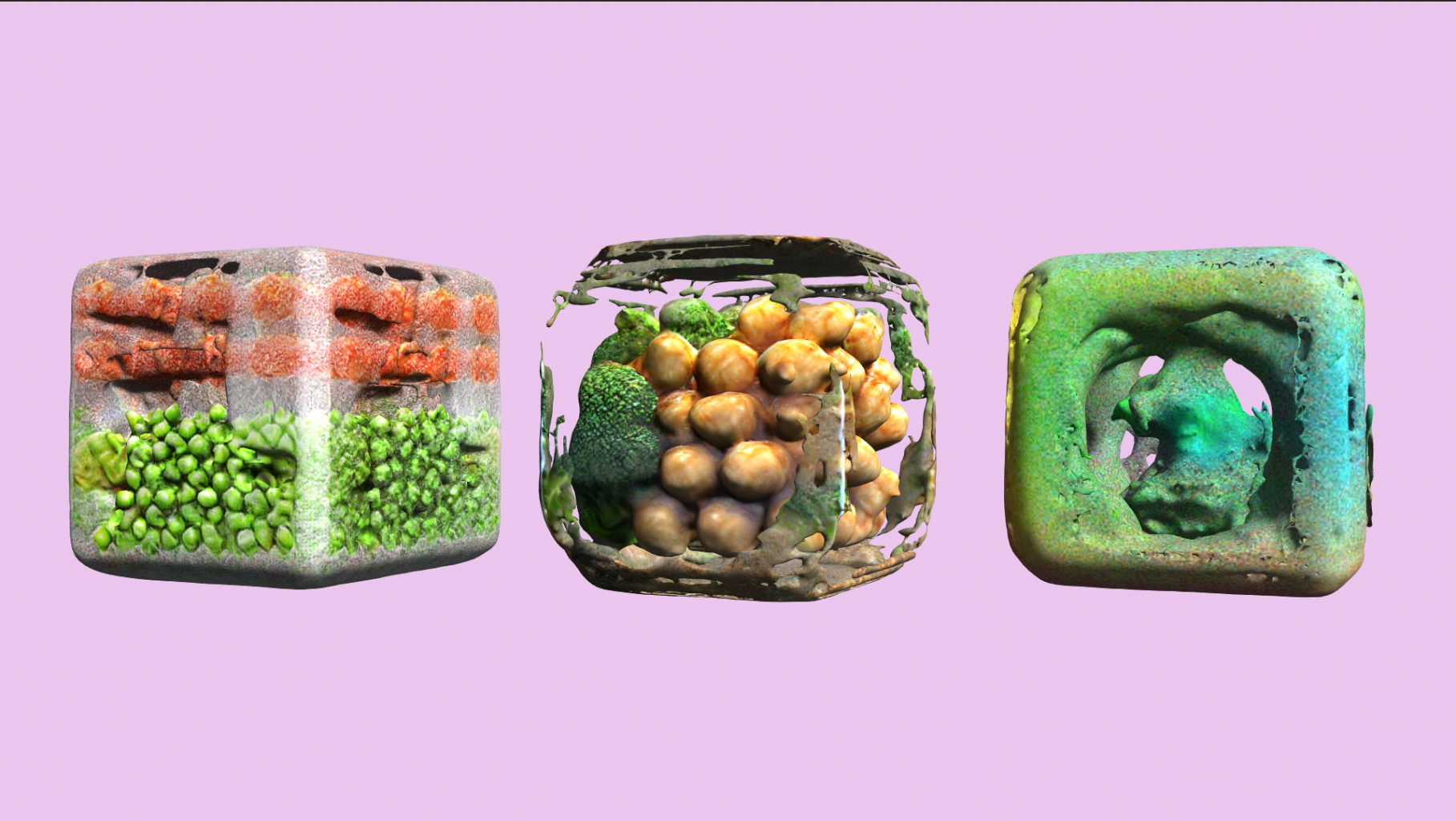
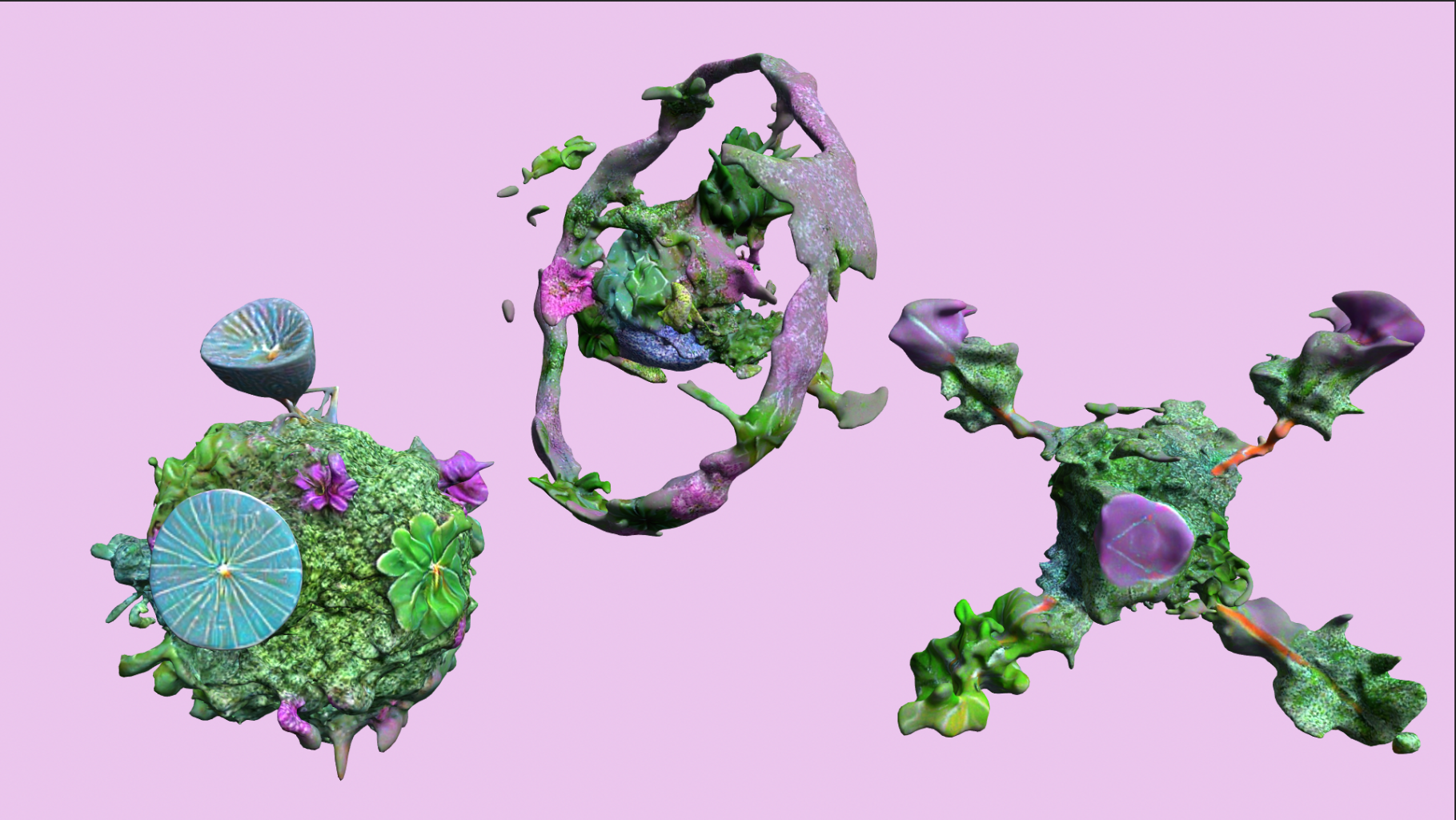
People, Society, and Individual Reality
Individualism is an entirely different concept in the future. The mind, body, and environment are more linked than they have ever been before. The use of neural networks and AI decoding, realities are shaped and reshaped, and attuned to a person’s experiences. People, individuals, and consumers exhibit new decision-making processes as the two fault-lines of the self have come to surface: 1) the conscious decision-making process and the traditional concept of an individual, as well as (2) the result of subconscious biological decisions and responses created by each body and each mind. Direct and indirect markers will be available to interpret a wide breadth of biological information, circling in on the communication capacities and inherent intelligence of our biological selves.
Flora and Fauna within the Natural Environment
Plants and animals exist in one of two ways depending on the faction asked in the future: (1) sentient and bio-responsive, meaning a connective link between humans and their environment; (2) utilitarian tools, effectively serving as a reflection of the individual perspective, thus existing only as a cumulation of what the human experience is. Natural systems tend to an order, and have a pertaining logic, that AI has now decoded, and humans are now able to participate in this logic on a higher level. The depth and value of information collected and decoded from the natural environment is unparalleled, opening new horizons of understanding and reasoning. Plant and animal rights factions emerge, arguing to democratise data throughout the natural world.

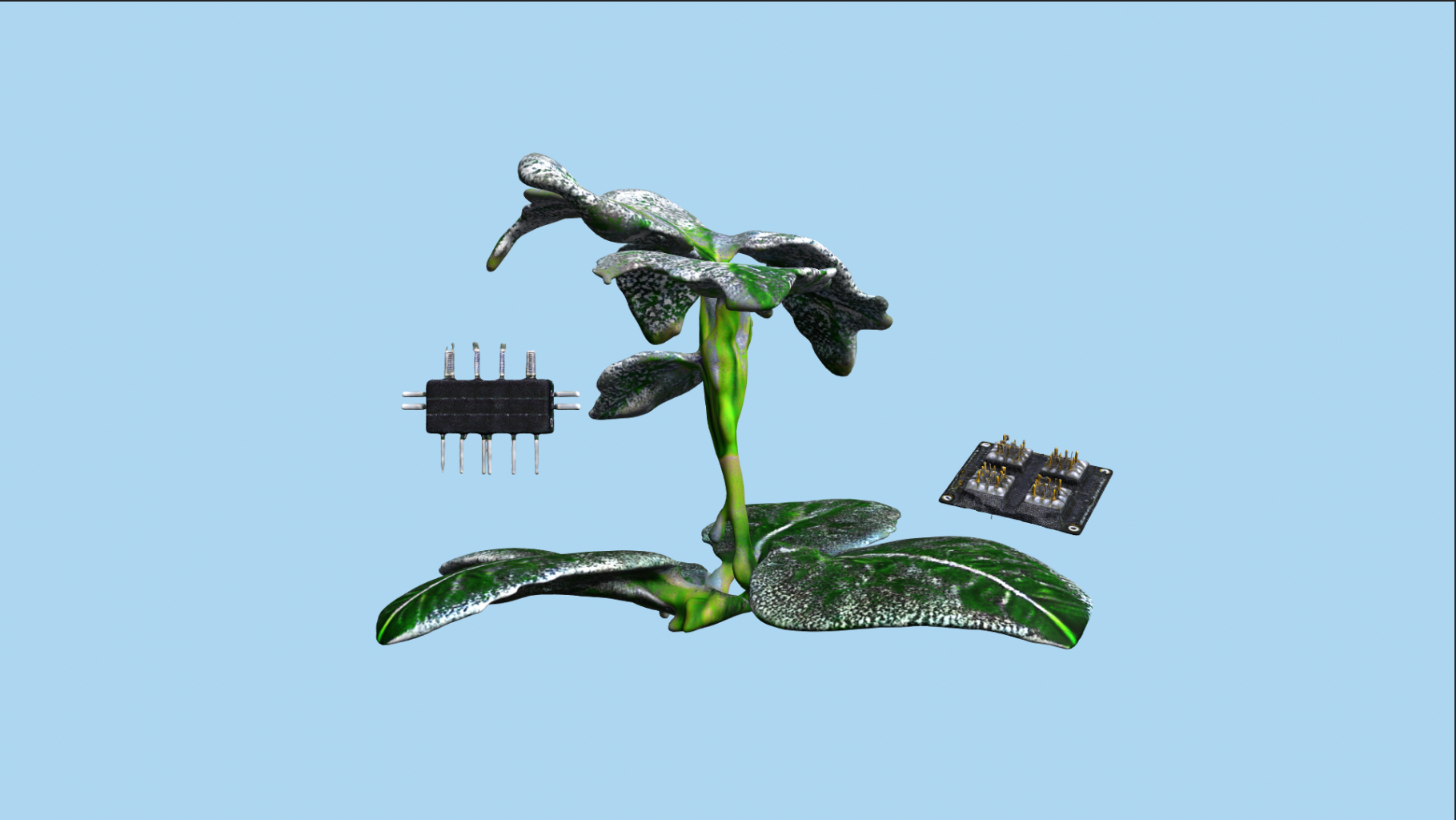
Values Systems in a new Reality
The concept of communication, perception, values, and decision-making is vastly different. Some continue to subscribe primarily to traditional decision-making and communication, others lean heavily on biological decision-making placing their bodies at the drivers’ seat. By placing their biological bodies at the centre, their relationship – and by extension communication – with the natural world has taken on a different meaning. Agency for the biological has increased, and biological purists are arguing for diverse moral and theological changes.
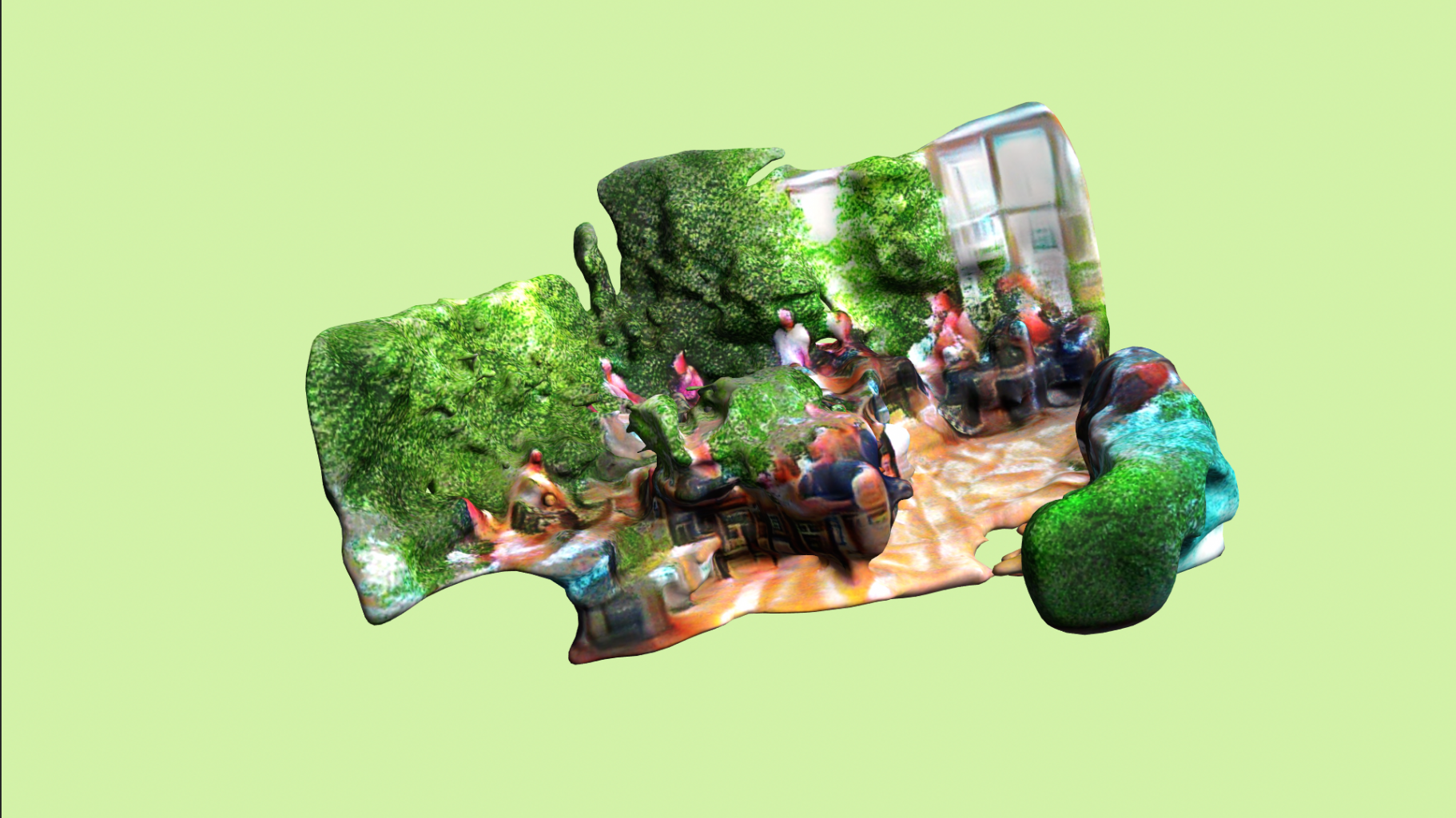
AMBIENCE OF THE SCENARIO:
